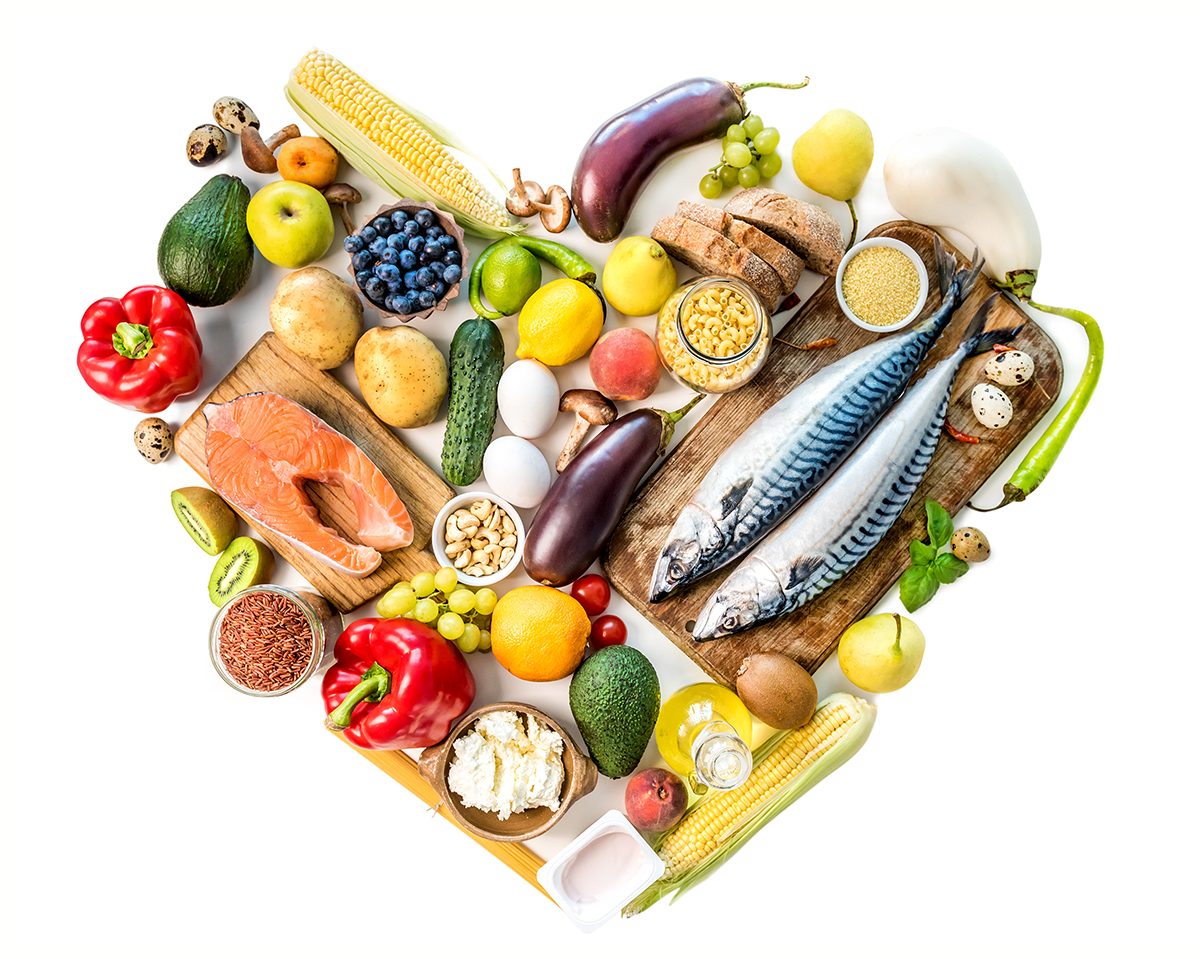Will My Diet Truly Help Maintain My Heart Health?
In today’s health-conscious society, the connection between diet and heart health is a major topic of discussion. As cardiovascular diseases continue to be a significant global health threat, many people are turning to dietary measures to protect their heart health. However, with an abundance of dietary advice and trends, questions emerge about the effectiveness of specific diets in genuinely enhancing cardiovascular wellness.
In this interview between Kim Arrey and Kelly Alexander, CJAD radio host, we delve into the intricacies of how diet influences heart health, exploring the scientific evidence behind various dietary patterns and their impact on cardiovascular outcomes. By examining the latest research findings and expert insights, we aim to provide clarity on whether your diet can genuinely play a pivotal role in maintaining a healthy heart.
This podcast was aired on the Weekends with Ken Connors show on CJAD.
Kelly Alexander: Kim, February is heart month in Canada. I thought that today would be a good time to ask you if there is any new news what the best diet for heart disease is. I know that not eating foods that are high in fat and cholesterol have been the focus for many years. Is that still the case?
Kim Arrey: There have been a few changes in the guidelines, which are starting to catch up with the basic science. For many years the focus was on not eating too much cholesterol and fat. But for years the basic science research has been telling us your body produces cholesterol independently of how much you eat. The Canadian Cardiovascular Society released its new guidelines on how to manage your blood lipids or cholesterol in 2021, at about the same time that the American Heart Association released their new guidelines. Both sets of guidelines still tell you that diet is important while they mention fat, they also mention other foods and nutrients.
Kelly Alexander: Kim, does that mean that I can eat as many eggs and shrimp as I want to eat?
Kim Arrey: For years we have known that eating eggs and shrimp does not raise your cholesterol levels. In fact, eggs will supply you with protein, and are one of the few food sources of Vitamin D and Choline that is necessary for cognition. Shrimp will also add protein and some omega 3 fatty acids. But the problem with these foods is definitely how you prepare them. Frying your eggs in bacon fat or butter adds lots of saturated fats and sodium. Eating fried battered shrimp can add lots of unhealthy fats, depending on what oil and what sauce you choose.
Kelly Alexander: What do the new guidelines recommend?
Kim Arrey: The new guidelines focus on the importance of following a Mediterranean diet or the DASH diet. Both of these diets are very similar. The focus is on eating a lot of plants: veggies, fruits, herbs and spices, nuts and seeds, olives, whole grains, and of course pulses and legumes, fermented dairy products, and small amount of fish and seafood, chicken, and red meat. And lastly, the 2 types of food to focus on reducing are ultra-processed foods including sweets, ice cream, desserts, and of course things like pre-packaged meals and sugar-sweetened soft drinks. So these new guidelines are more about what you eat than about what you need to eliminate from your diet.
Kelly Alexander: Is there any focus on any specific nutrients?
Kim Arrey: Yes actually. There is still a lot of emphasis on reducing or limiting the amount of saturated fat that you eat. Saturated fat is found in fats like butter, lard, suet, and palm oil and coconut oil. Fatty meat and processed meats like bacon and sausages are also high in saturated fat. The type of fat that you find in baked goods like butter, lard or shortening all contain a lot of saturated fats. There is some concern that dairy product like full fat cheese and yogurt is also high in saturated fats. Both the Mediterranean diet and the Dash diet suggest consuming about 2-3 portions of fermented dairy products daily. It is recommended to consume only small amounts of red meat and processed meat, or eliminate it’s consumption entirely.
The other nutrient that is highlighted is fibre. Consuming soluble fibre will help your body to eliminate the cholesterol that your body produces. This is where eating oatmeal, oat fibre and even psyllium fibre as well as eating pulses and legumes comes in. These foods are high in soluble fibre and can be made into some really delicious meals.
Kelly Alexander: Kim, is there any program that is more specific?
Kim Arrey: Although the portfolio diet is not mentioned in the new guidelines it was mentioned in the previous guidelines. The Portfolio diet was designed by Dr. David Jenkins of the University of Toronto and gives you 4 basic guidelines: eat 45 gms of nuts daily, consume 50 grams of plant protein a day, have 2 servings of oatmeal, or beans or lentils a day and 5 servings of vegetables to consume enough viscous fibre, and lastly consume 2 grams of plant sterols daily. The plant sterols are found in the vegetables that you consume but to consume this amount you would also have to consume foods like milk, yogurt or spreads that have been fortified with plant sterols or you would have to take a supplement.








